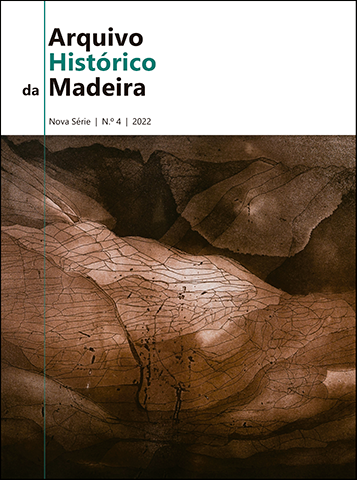A Utopian Project: The Establishment of a Children’s Naturist Colony in Madeira (1929)
Abstract
In Portugal, during the first decades of the 20th century, supporters of vegetarianism and naturism grew, due to the actions of the Sociedade Vegetariana de Portugal. The link between the two realities was palpable from an early age. The followers of these practices defended similar ideas: benefits of water, air, sun and, consequently, a life in contact with nature, along with a natural diet, free from meat and fish, in parallel with attacks on tobacco and exciting drinks and alcohol. Naturists and vegetarians agreed that a way of life that did not conform to the laws of nature was the main cause of illness. The greatest vegetarianism activist was Amílcar de Sousa (1876-1940), a medical doctor who graduated from the University of Coimbra in 1905. He joined naturism in 1910, after becoming a vegetarian. In addition to having authored several works, in 1929, he proposed to the League of Nations the creation of a children’s naturist colony on the island of Madeira.
Keywords
Amílcar de Sousa; Naturist Colony; Madeira Island; Utopia; Vegetarianism; 20th Century.
Downloads
Published
Issue
Section
License
Copyright (c) 2022 Arquivo Histórico da Madeira, Nova Série

This work is licensed under a Creative Commons Attribution-NonCommercial-NoDerivatives 4.0 International License.



